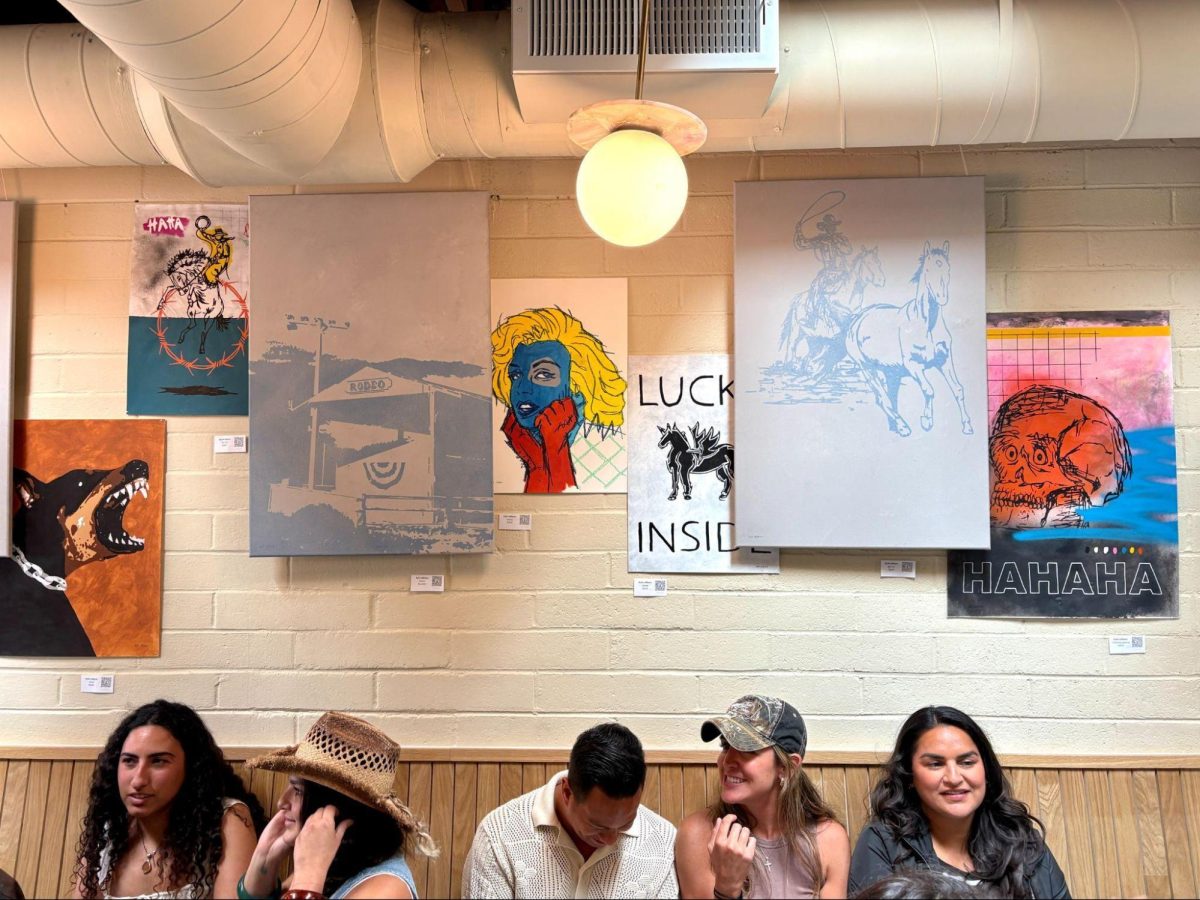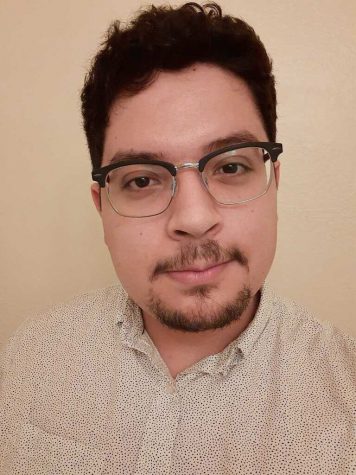The Behner Stiefel Center for Brazilian Studies at San Diego State is now featuring a film series for its third year. The Brazil Center has partnered with Language Acquisition Resource Center to provide educational material to students through documentary and narrative films. It provides both language and culture learning opportunities through cinema.
The film series used to function by having a one-time screening on campus where students can go watch these featured films; however, there was a change during the pandemic. The center decided to subscribe to Eventive, an online streaming website for independent filmmakers.
Through Eventive, users have an allotted time to watch the featured film from their own devices.
Currently, as we have returned to the in-person functions, there has been a mixture of both in-person screenings and online streaming.
These featured films have covered a wide range of topics and themes concerning the sociopolitical climate to the everyday narrative of the Brazilian people. All these films take place in Brazil and are made by Brazilian filmmakers.
Kristal Bivona is the assistant director for the Center for Brazilian Studies, and she has a background in Brazilian film research.
“We try to bring a wide variety of films,” Bivona said. “We have some independent filmmakers who [are] trying to promote their first film, but we also [have] filmmakers who are more experienced.”
For the film series, Bivona also has the chance to interview the directors for these featured films. Bivona conducts a Q&A session with the film director for each film and these sessions are available through the Center’s Youtube Channel.
Bivona also mentioned that it is a difficult time for Brazilian filmmakers nowadays due to the sociopolitical climate of the country.
The Brazilian film industry is currently going through a lot of changes due to the country’s governance.
In Brazil, many arts of work with cultural significance can be funded by the government through the Lei Rouanet and the Lei Audiovisual, laws that permitted individuals and companies to receive allotments of funding by the government for arts of work including music, dance, theatre and movie productions. These laws have been under attack due to the governance of the right-wing president, Jair Bolsanaro.
For the film series, the current film available is titled “Aos Olhos dos Ernesto” (Through Ernesto’s Eyes). It tells the story of an elder Uruguayan man, Ernesto, living in Brazil who has lived a life of adventure and love being a photographer but has become dependent on others due to becoming blind.
The film takes place in the city of Porto Alegre, Rio Grande do Sul. It is the southernmost metropolitan city in Brazil and borders the countries of Uruguay and Argentina. The protagonist of the film is from Uruguay. The film has a mixture of both Spanish and Portuguese within the film.
Ana Luiza Azevedo, the director of the film, explained that this film showcases the diversity of culture that can be found in Southern Brazil.
“I think these mixtures of languages are very beautiful,” Azevedo said. “It is a way of generosity so that what matter is not to speak well a language but to communicate and be able to understand and exchange.”








